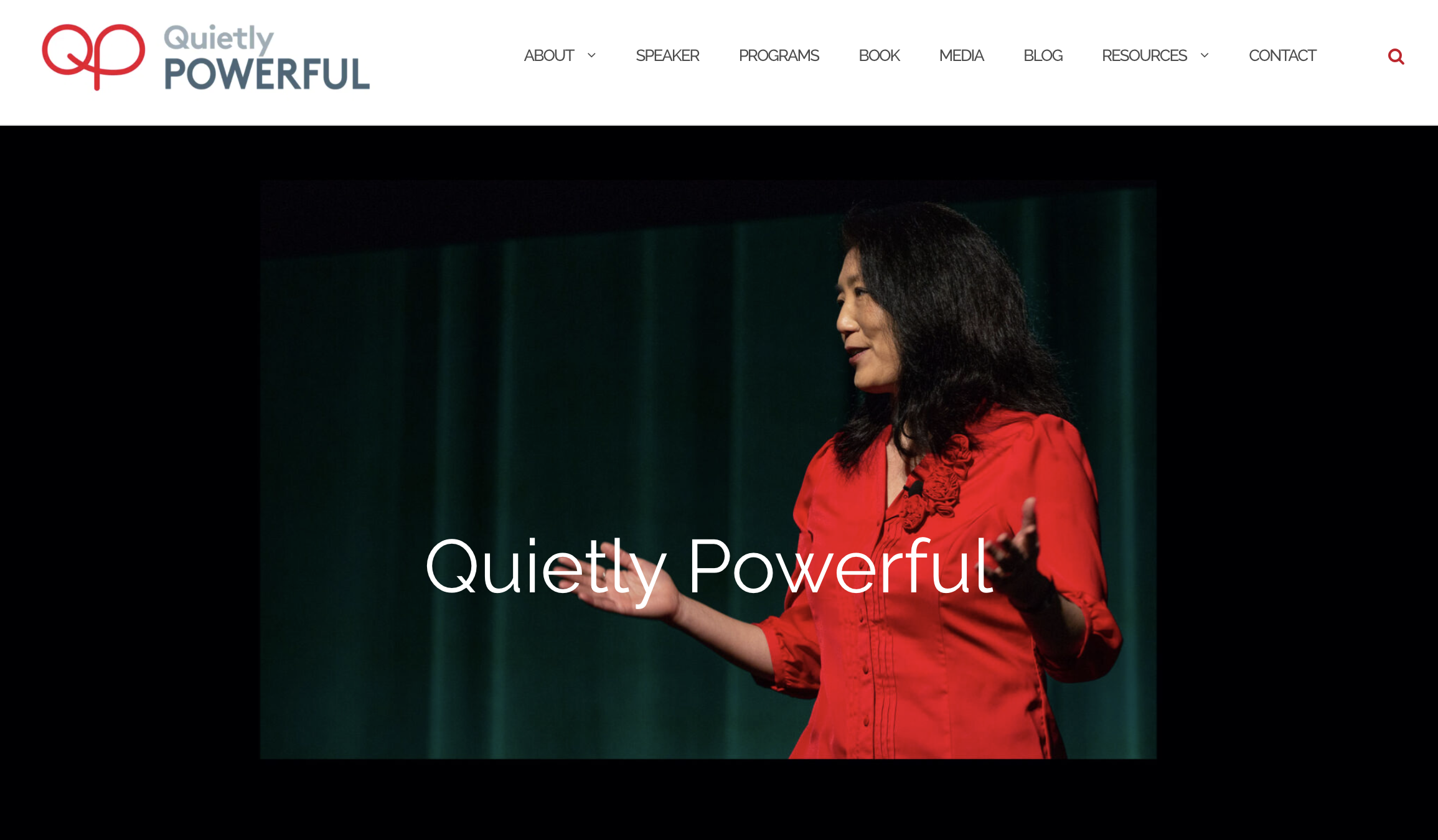My Blog
Assumptions: the Silent Assassin
- Details
- Posted: 19 April 2015
Beware: Assumptions are silent assassins of relationships, collaboration, sound decision making, innovation and more.
Many of us don’t even realise that we make judgements and decisions based on fiction (assumptions), not facts. We can form strong beliefs based on assumptions and get really stuck as well. It’s amazing how quickly we do this.
At times this is useful – when you need to act quickly to avoid danger, say getting out of the way of a car speeding towards us. You assume that the car will continue to speed towards you and that you will get run over if you don’t move. It is possible that the driver has already hit the breaks to stop, but given the risks involved, it’s a smart move to go with your assumptions!
Assumptions are used for decision making. Business cases are full of assumptions. We know that they are full of assumptions, though, so at least they are consciously created assumptions.
Other times it’s very unhelpful. For example:
Assuming what’s possible: We often make assumptions about what’s possible or not – individually or as a team or organisation – based on past experience. That’s a sure fire way to kill innovation, motivation and growth in organisations. And a convincing way to hold ourselves back from growing, trying new things, having real conversations and living our lives fully.
Assuming what people have done or not done: We regularly use abstract or vague words like “engagement” “communication” “quality” “service” “measurement” “outcomes” and many more, and make assumptions about what they mean. People have different interpretations so there’s no way of knowing exactly what has been done or not unless you ask specifically. Decisions can be made without really knowing what is going on.
Assuming what people are thinking or saying: There’s a great quote by George Bernard Shaw, “The single biggest problem in communication is the illusion that it has taken place.” So often we finish off people’s sentences, out loud or in our heads and miss what’s really been said. It’s coloured by our filters and biases and we assume we have actually heard people.
Assuming people’s intentions: It is particularly dangerous when it comes to assuming other people’s intentions. How often have we assumed ‘evil’ intentions by others when someone does something that hurts, disappoints or frustrates us? Then we get into a negative spiral of suspicion, mistrust, then seeing more behaviours that confirms these beliefs.
Some more interesting examples are provided in a recent HBR article, “We’re all terrible at understanding each other”
A simple question to break the cycle of making assumptions is to ask ourselves the question, “How do you know?” If the answer to that is not based on something you and others have observed (eg. intentions are not observed, unless you have heard it from the person), it’s more helpful to remain open to the possibility that your assumptions may not be true. There are benefits to holding our assumptions and beliefs lightly.
What other assumptions are unhelpful? How aware are you of the assumptions you’re making? What would change if you started checking and challenging your assumptions?


